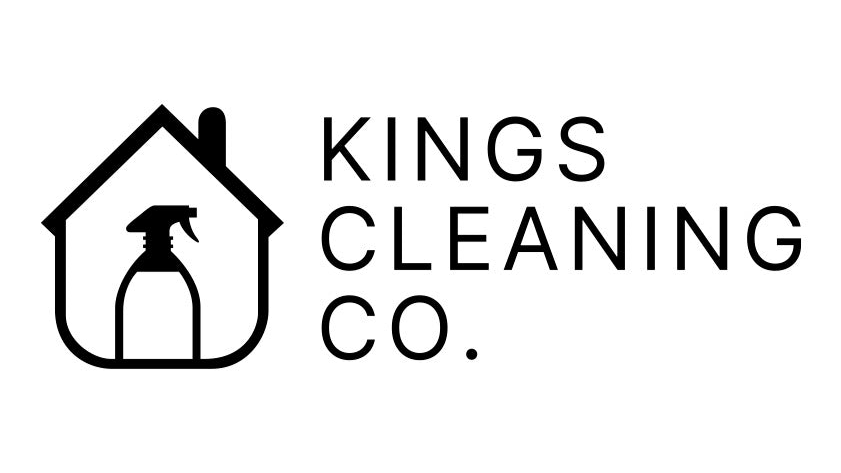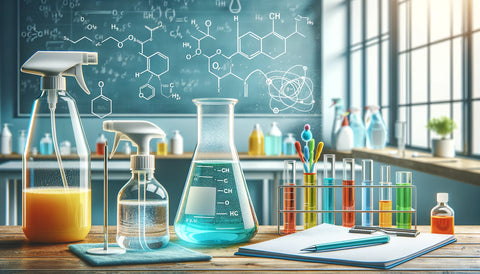Hello again to all our readers at Kings Cleaning Co! Today, we're delving into the fascinating world of cleaning science. Understanding the science behind cleaning products can help you choose the most effective solutions for your home and demystify how they work. Let’s break down the basics and explore the science of cleanliness.
1. The Chemistry of Cleaning Agents
Cleaning products contain various chemicals designed to tackle different types of dirt and stains. Detergents, for instance, contain surfactants that lower water's surface tension, allowing it to more effectively penetrate and remove dirt and grease.
2. pH Levels in Cleaning
The pH level of a cleaner, whether it's acidic, neutral, or alkaline, determines its effectiveness on different types of stains. Acidic cleaners are great for mineral deposits and rust, while alkaline cleaners are effective against grease and organic stains.
3. Enzymes in Cleaning Products
Enzymatic cleaners use biological compounds to break down stains and odors. These are particularly effective for organic stains like blood, food, or pet accidents, as the enzymes speed up the chemical reactions that break down these substances.
4. The Role of Disinfectants
Disinfectants are chemicals that kill bacteria, viruses, and fungi. Understanding the proper use and contact time necessary for these products to be effective is crucial, especially in kitchen and bathroom environments.
5. Abrasives and Their Uses
Abrasive cleaners contain materials that help scrub away tough stains. They are ideal for surfaces where grime has been baked on or hardened but should be used carefully to avoid scratching surfaces.
6. The Importance of Dilution
Concentrated cleaners need to be diluted correctly to be effective and safe. Overly concentrated solutions can be harmful and damage surfaces, while overly diluted cleaners may not effectively clean.
7. Green Cleaning Science
Eco-friendly or green cleaning products use natural substances and less harmful chemicals. While they are better for the environment, understanding their cleaning capabilities compared to traditional cleaners is important for effective use.
8. The Science of Fragrances
Fragrances in cleaning products don’t contribute to the cleaning power but can impact the user experience. Some people prefer fragrance-free products, especially those with allergies or sensitivities.
9. Safety and Toxicity
Understanding the toxicity of various cleaning agents is essential, especially in homes with children or pets. Knowing which chemicals should not be mixed is also crucial for safety.
10. Innovations in Cleaning Technology
The cleaning industry is constantly evolving, with new technologies and products emerging. Keeping informed about these innovations can help you make better choices for your cleaning needs.
The science behind cleaning products is both complex and fascinating. By understanding how different ingredients and formulations work, you can make more informed choices about the products you use in your home. Remember, the right product and approach can make all the difference in your cleaning routine. Stay curious and keep exploring the science of clean with Kings Cleaning Co!





Comments (0)
There are no comments for this article. Be the first one to leave a message!